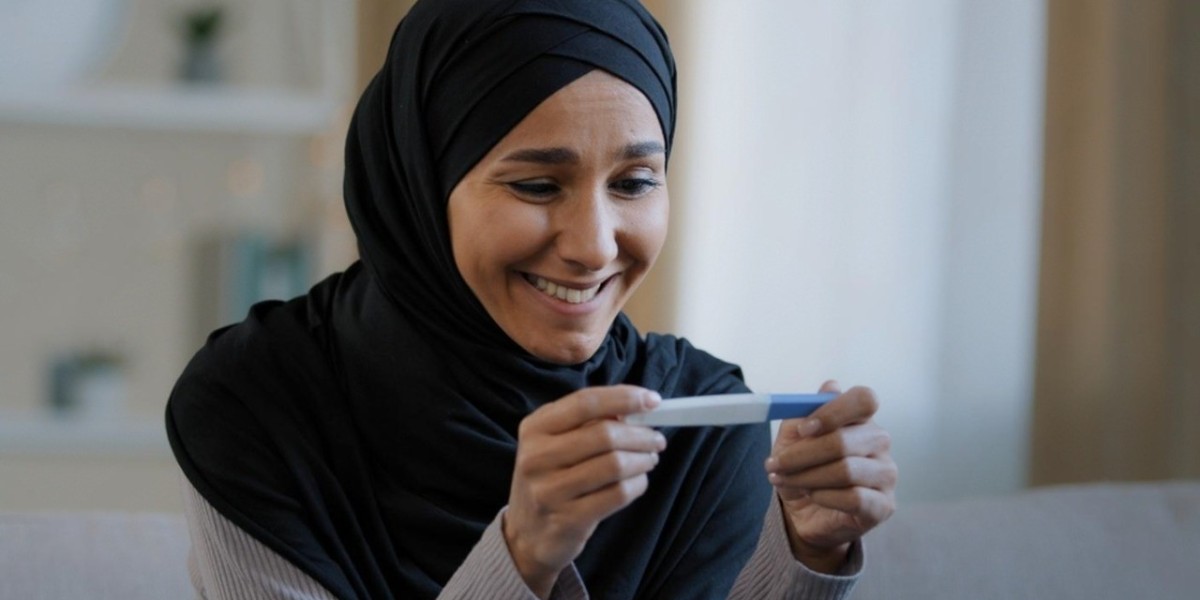Introduction
In today’s world, advancements in medical science have made it possible for couples struggling with infertility to fulfill their dream of parenthood through assisted reproductive technologies like in-vitro fertilization (IVF). While IVF has helped millions worldwide, many Muslim couples seek guidance about whether such treatments align with Islamic teachings. Understanding the religious perspective helps families make informed choices while staying true to their faith.
Is IVF Allowed in Islam?
One of the most common questions among Muslim couples is, is IVF allowed in Islam? According to scholars, IVF is permissible under specific conditions. The core principle is that the process must only involve the husband and wife, without any third-party involvement such as donor sperm, donor eggs, or surrogacy. This ensures that lineage remains preserved, a value that Islam emphasizes strongly.
If IVF strictly uses the husband’s sperm and the wife’s eggs, with the embryo being implanted into the wife’s womb, many Islamic scholars consider it permissible. However, if the procedure introduces third parties into the reproductive process, it is generally considered haram, as it interferes with the sanctity of marriage and parenthood.
Ethical Considerations in Islamic Teachings
Islam places a strong emphasis on protecting family structure, lineage, and morality. For this reason, scholars carefully evaluate modern medical treatments to ensure they align with Shariah principles. IVF itself is not viewed as unethical if carried out within the marital bond. However, the following points are important:
No Third-Party Involvement: Sperm or egg donation is prohibited.
Preservation of Lineage: The child’s parentage must be clearly linked to the biological parents.
Respect for Life: Embryos must be handled with care, avoiding wastage or destruction.
Intention and Purpose: The treatment should only be for the couple seeking to conceive.
By following these ethical guidelines, IVF can remain within the framework of Islamic law.
Is IVF Halal?
When addressing whether is IVF halal, the answer again depends on the conditions under which it is performed. The majority of Islamic scholars and fatwas state that IVF is halal if it involves only the married couple’s sperm and eggs. In contrast, procedures involving third-party donors or surrogates are considered haram.
For instance, the Islamic Fiqh Council and other scholarly bodies have issued rulings supporting IVF when conducted within Shariah-compliant boundaries. This provides reassurance to many couples that they can seek treatment without compromising their religious values.
The Importance of Intention in Islam
In Islamic teachings, intention (niyyah) holds great significance. Couples pursuing IVF are often doing so with the sincere intention of fulfilling the natural desire for parenthood. As long as the process respects Islamic guidelines and maintains the sanctity of marriage, the intention itself supports the permissibility of IVF.
Moreover, Islam encourages seeking medical treatment when facing difficulties. The Prophet Muhammad (PBUH) said: “For every disease, Allah has created a cure.” In this sense, IVF can be seen as one of the cures provided by Allah through human knowledge and advancement.
Guidance for Muslim Couples Considering IVF
For Muslim couples who are considering IVF, it is essential to approach the decision thoughtfully and with guidance from both medical professionals and Islamic scholars. Some key steps include:
Consulting a Qualified Scholar: Seek religious advice specific to your situation.
Choosing the Right Clinic: Ensure that the medical center respects religious values.
Maintaining Patience and Faith: Remember that results are ultimately in the hands of Allah.
Balancing Medicine and Spirituality: Alongside treatment, make dua and strengthen spiritual practices.
This balanced approach ensures that couples can pursue treatment confidently while staying aligned with their beliefs.
Conclusion
IVF has provided hope to countless couples struggling with infertility, and within Islam, it is generally permitted as long as it follows the principles of Shariah. Procedures involving only the husband and wife are viewed as halal, while third-party involvement is prohibited. By seeking knowledge, consulting scholars, and approaching the process with sincerity, Muslim couples can benefit from modern medical advancements while staying true to their faith.







